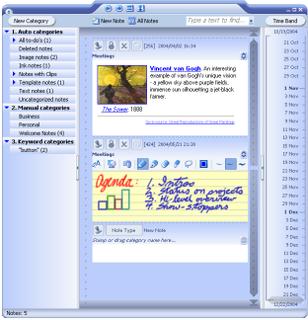Our research tip in Lawyering Skills this week was Cornell Law School's Legal Information Institute. It is a great starting place for legal research, especially if you want to save money.
The Legal Information Institute (LII) has been providing reliable, free access to legal information since 1992. It publishes electronic versions of the U.S. Constitution, United States Code, Code of Federal Regulations, Rules of the United States Supreme Court, Federal Rules of Civil Procedure, Federal Rules of Criminal Procedure, Federal Rules of Evidence, and Federal Rules of Bankruptcy Procedure.
LII's U.S. Supreme Court Collection includes all opinions of the United States Supreme Court since 1990, over 600 selected earlier decisions, and links to other historic decisions. There is a searchable index to U.S. Courts of Appeals decisions, and links to U.S. District and Bankruptcy Courts, U.S. Courts of Special Jurisdiction, federal agencies, and foreign and international legal materials.
At the state level, LII publishes all New York Court of Appeals decisions since 1990, the Uniform Commercial Code, and other uniform law locators. Links to constitutions, codes, judicial opinions, regulations, and other agency materials for the fifty states, D.C., and the U.S. territories and affiliated jurisdictions, are organized by topic and by jurisdiction.
The "Law about ..." section provides information and commentary about broad areas of law, with links to online resources. "Law About ..." pages provide brief summaries of legal topics with links to key primary source material, other Internet resources, and useful offnet references. Access is provided through broad topic categories, an alphabetical listing of topics, and a searchable index.
LII also maintains two Topical Libraries, the American Legal Ethics Library and the Social Security Library, as well as Introduction to Legal Citation by Peter Martin.
This summer LII released a new edition of the CRS Annotated Constitution. The content of the CRS Annotated Constitution was prepared by the Congressional Research Service and published electronically in plaintext and PDF by the Government Printing Office. The LII edition adds hypertext links to Supreme Court opinions, the U.S. Code, and the Code of Federal Regulations, as well as linked footnotes and tables of contents.
Archive of Research Tips.


